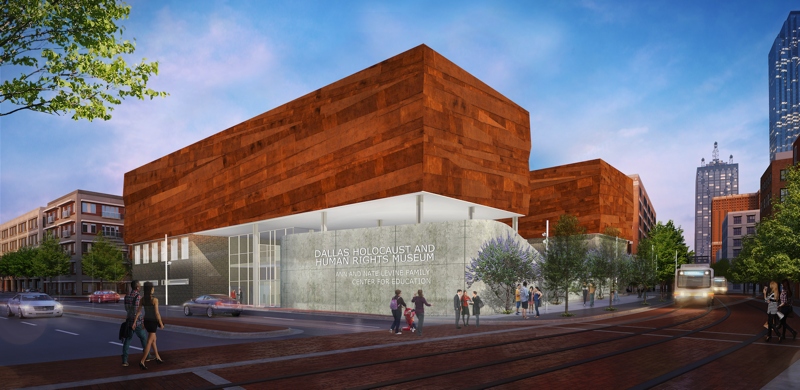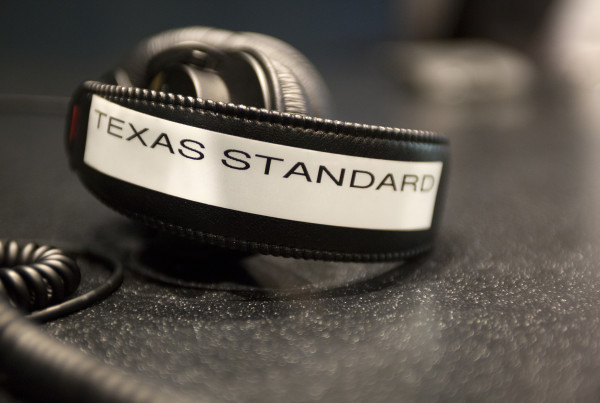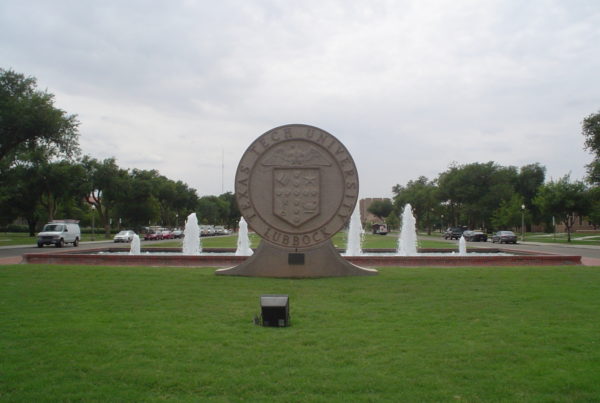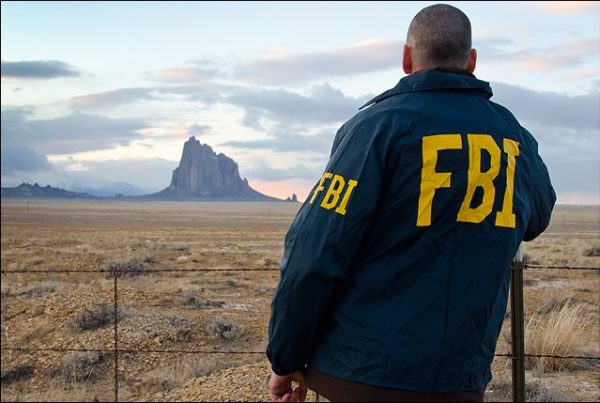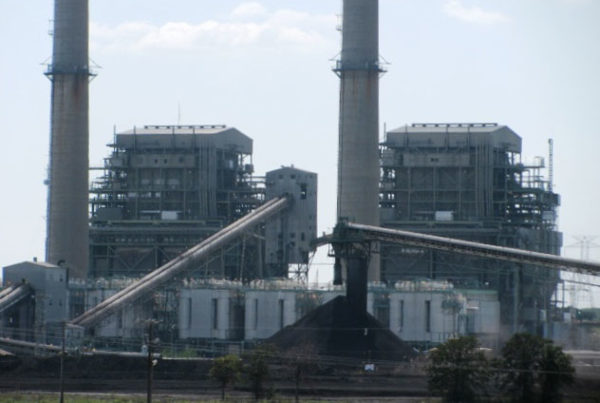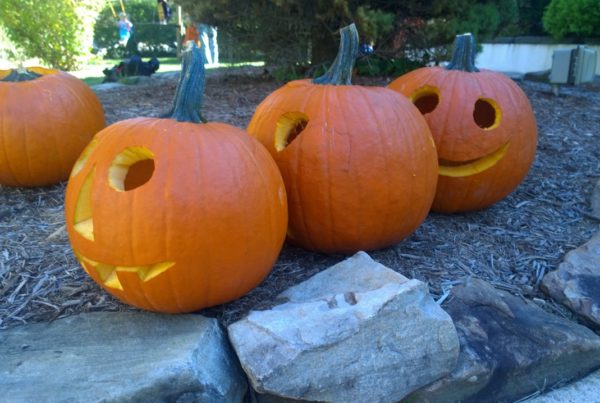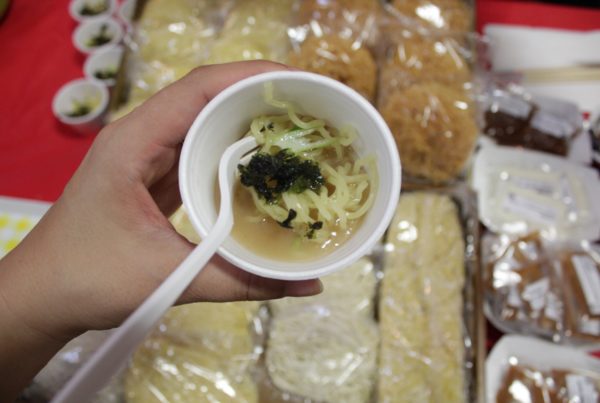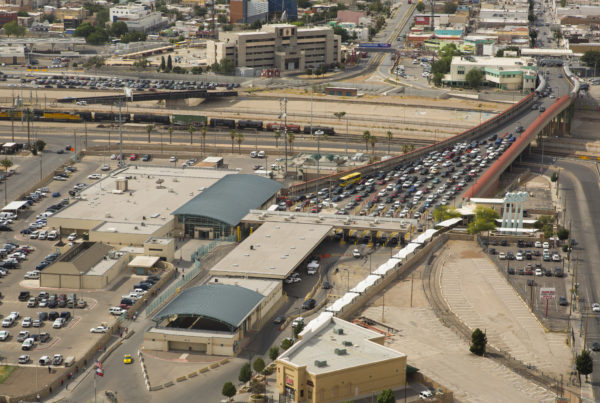Opening a museum is usually a sign of progress — a time of excitement through the process of acquiring old artifacts and adding new exhibits.
In the case of the Dallas Holocaust Museum, which is breaking ground Tuesday on a new, much larger facility, there is excitement — but also, perhaps, a bit of sadness and heartache that a museum showcasing intolerance feels the need to expand. The expansion will help the museum include exhibits on other human rights issues there simply wasn’t room for before.
The museum first opened in a basement in Dallas in the 1980s. Mary Pat Higgins, president and CEO of the Dallas Holocaust Museum, says the museum had humble beginnings. “In the 70s, actually, a group of Holocaust survivors who had resettled and made their homes in the north Texas community came together and they started going to schools to share their testimony,” she says. “In 1984, they were able to open a museum that was in the basement of the Dallas Jewish Community Center.”
In 2005, the museum moved to its current location in the West End Historic District of downtown Dallas. The space can hold up to 240 people at a time, but Higgins says the museum needs to increase those numbers to serve all of the students across North Texas.
“We feel we have almost maxed out our capacity with students at our current volume of about 36,000 students a year,” she says.
The new exhibit on contemporary genocide will include a section called Pivot to America, which Higgins says will be completely unique.
“The exhibition will examine our incredible ideals but also the reality that we’re not always living up to those ideals in our country. And we’ll highlight upstanders who have participated in the process of repair. Who have stood up to combat prejudice and hatred to promote civil and human rights for all in our country,” she says.
The museum will be renamed the Dallas Holocaust and Human Rights Museum when it reopens. Officials estimate the new museum will draw 200,000 visitors annually, more than double last year’s 83,000 guests. Half of them will be students, they say.


